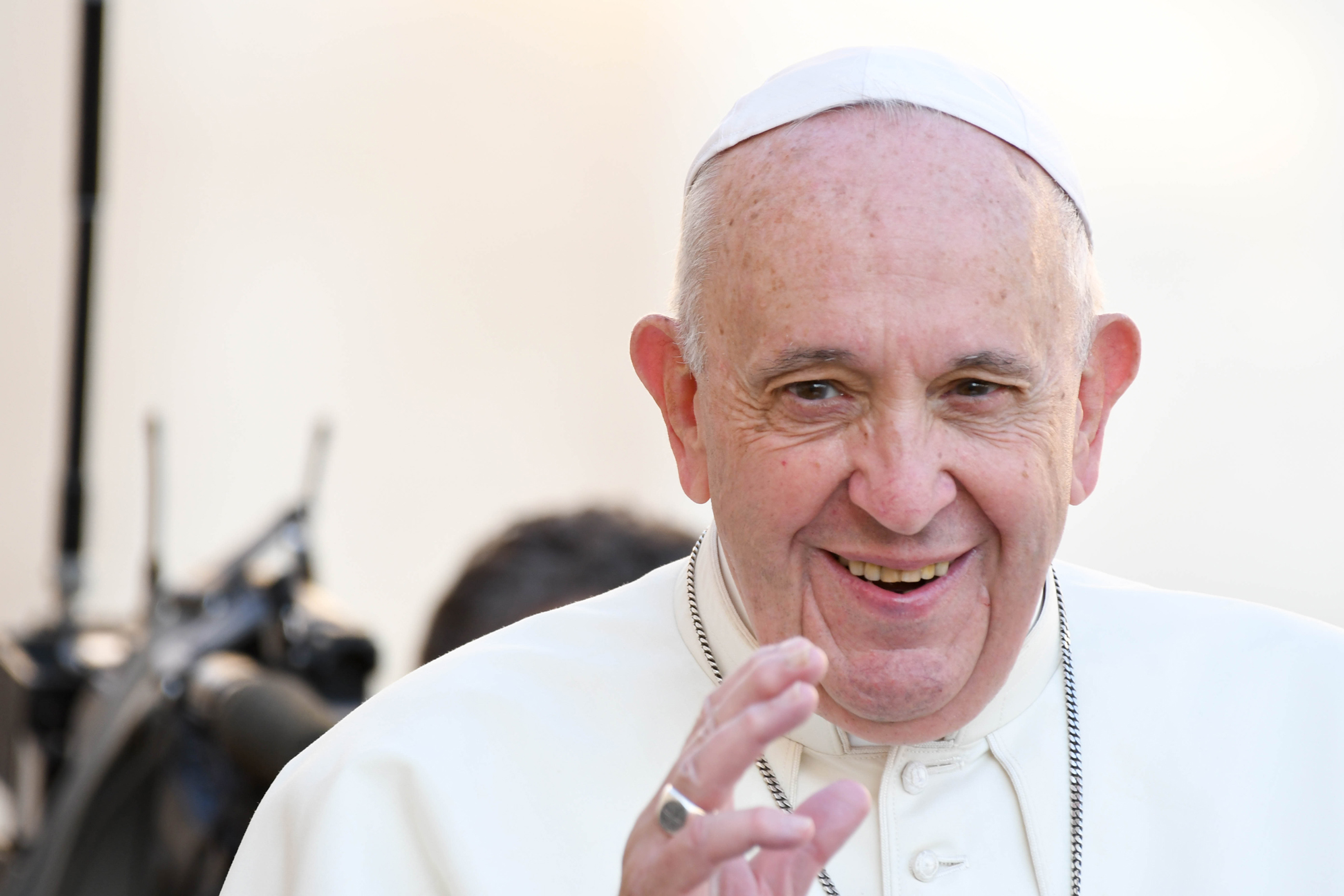WORLD PEACE DAY
An appeal to take comprehensive measures to prevent the world from falling into the abyss of fear, mistrust and indifference over the fate of the planet. This is the Pope’s message for the World Day of Peace, celebrated on 1 January. “We cannot claim to maintain stability in the world through the fear of annihilation”

“The world does not need empty words but convinced witnesses, peacemakers who are open to a dialogue that rejects exclusion or manipulation.” The Pope’s message for the upcoming World Day of Peace –celebrated next January 1st on the theme “Peace as a journey of hope: dialogue, reconciliation and ecological conversion” – is a clear call to action, since “political will must always be renewed, so that new ways can be found to reconcile and unite individuals and communities.” “Every war is a form of fratricide that destroys the human family’s innate vocation to brotherhood”, is Francis’ opening remark, reiterating the messages sent out during the recent visit to Japan “to break the unhealthy mentality of threats and fear” through “the indispensable service of memory.” Not only to avoid repeating past mistakes but to “build a more fraternal and fairer future” for the next generations. In the final remarks we find a renewed appeal to “ecological conversion” drawing from Laudato sì and the recent Synod for Amazonia.
“Our world is paradoxically marked by a perverse dichotomy that tries to defend and ensure stability and peace through a false sense of security sustained by a mentality of fear and mistrust, one that ends up poisoning relationships between peoples and obstructing any form of dialogue.”
Bergoglio uses the same words spoken in Nagasaki to stress the “paraxodical” situation of the present political scenario. “Peace and international stability are incompatible with attempts to build upon the fear of mutual destruction or the threat of total annihilation. They can be achieved only on the basis of a global ethic of solidarity and cooperation in the service of a future shaped by interdependence and shared responsibility in the whole human family of today and tomorrow”.
“We cannot claim to maintain stability in the world through the fear of annihilation, in a volatile situation, suspended on the brink of a nuclear abyss and enclosed behind walls of indifference. As a result, social and economic decisions are being made that lead to tragic situations where human beings and creation itself are discarded rather than protected and preserved”,
is the Pope’s appeal, pointing out that in order to
“break the unhealthy mentality of threats and fear”
and “the current dynamic of distrust” we “need to pursue a genuine fraternity based on our common origin from God and exercised in dialogue and mutual trust.”
Memory must be preserved “not only in order to prevent the same errors or illusions from recurring, but also to enable memory, as the fruit of experience, to serve as the basis and inspiration for present and future decisions to promote peace”, Francis goes on to mention the “Hibakusha”, the survivors of the atomic bombs dropped on Hiroshima and Nagasaki, whose memories he paid tribute to in his address at Hiroshima Peace Memorial: “Their testimony awakens and preserves the memory of the victims, so that the conscience of humanity may rise up in the face of every desire for dominance and destruction.” There ensues the need for “responsible contribution at every level of the local, national and global community” based on “recognition of our duties with regard to others.”
“Divisions within a society, the increase of social inequalities and the refusal to employ the means of ensuring integral human development endanger the pursuit of the common good”, the Pope cautions: “Yet patient efforts based on the power of the word and of truth can help foster a greater capacity for compassion and creative solidarity.”
“When we learn to live in forgiveness, we grow in our capacity to become men and women of peace”, writes the Pope, inviting us “to renounce the desire to dominate others and learning to see one another as persons, sons and daughters of God”, for “we should never encapsulate others in what they may have said or done, but value them for the promise that they embody”, is Francis’ message to us: “Only by choosing the path of respect can we break the spiral of vengeance and set out on the journey of hope.”
“What is true of peace in a social context is also true in the areas of politics and the economy, since peace permeates every dimension of life in common”, the Pope observes: “There can be no true peace unless we show ourselves capable of developing a more just economic system.” “Faced with the consequences of our hostility towards others, our lack of respect for our common home or our abusive exploitation of natural resources – seen only as a source of immediate profit, regardless of local communities, the common good and nature itself – we are in need of an ecological conversion.”